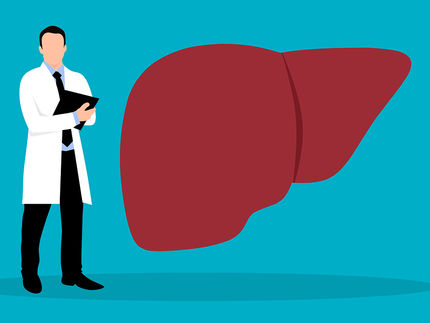Lilly and Vertex Pharmaceuticals Select Novel Oral Antihepatitis C Compound
First Announcement of Hepatitis C Protease Inhibitor Designated as Development Candidate
Advertisement
Eli Lilly and Company and Vertex Pharmaceuticals Incorporated, announced today that they have selected LY570310 (VX-950), a novel small molecule protease inhibitor for the potential treatment of hepatitis C virus (HCV) infection, as a development candidate. The compound is the first drug development candidate of a new class of antiviral drugs being studied to inhibit hepatitis C NS3-4A protease, an enzyme considered essential for HCV viral replication. Preclinical studies of LY570310 are now under way in preparation for the expected commencement of Phase I clinical trials in early 2003. Under the terms of the collaboration agreement, Vertex has received a $5 million milestone payment from Lilly in connection with the selection of this development candidate.
"HCV protease has proved to be a challenging target for drug discovery, but Vertex and Lilly have successfully identified a potent, oral inhibitor suitable for development," said John Thomson, Ph.D., vice president of research for Vertex. "The flat active site of the enzyme and the difficulty of achieving viral replication in the laboratory presented substantial initial hurdles for our chemists and biologists. Through the design of novel chemical scaffolds and development of proprietary surrogate assays, Lilly and Vertex scientists have pioneered the design of the first HCV protease inhibitor drug candidate. Indeed, LY570310 represents a major achievement for the Vertex and Lilly team."
Chronic hepatitis C infection afflicts approximately 2.7 million people in the U.S., many of whom are unaware of the infection, which is often undetected for up to 20 years following initial infection. Worldwide, the disease strikes as many as 185 million people. HCV causes inflammation of the liver, which may lead to fibrosis and cirrhosis, liver cancer, and ultimately, liver failure. Each year, 8,000 to 10,000 people in the U.S. die from complications of HCV. Current treatments have been effective for only 40 to 60 percent of chronically infected HCV patients and are associated with significant side effects.
"Therapeutics that directly inhibit viral assembly paved the way for important treatment advances for patients infected with HIV," said Vicki Sato, Ph.D., president of Vertex. "While our HCV protease inhibitor has not yet been tested in patients, we are optimistic that drugs such as LY570310 could usher in a similarly significant treatment advance for patients with HCV."

























































